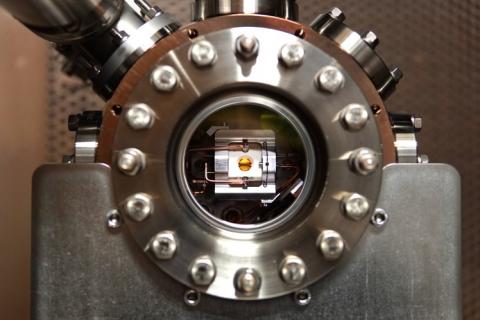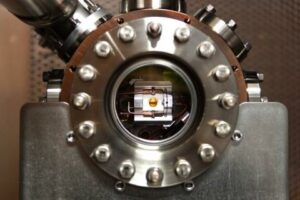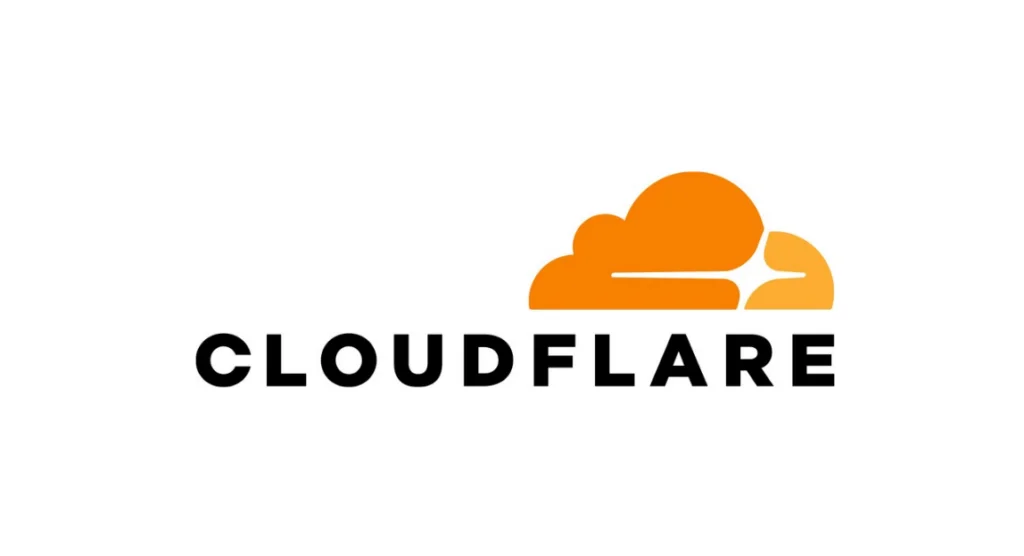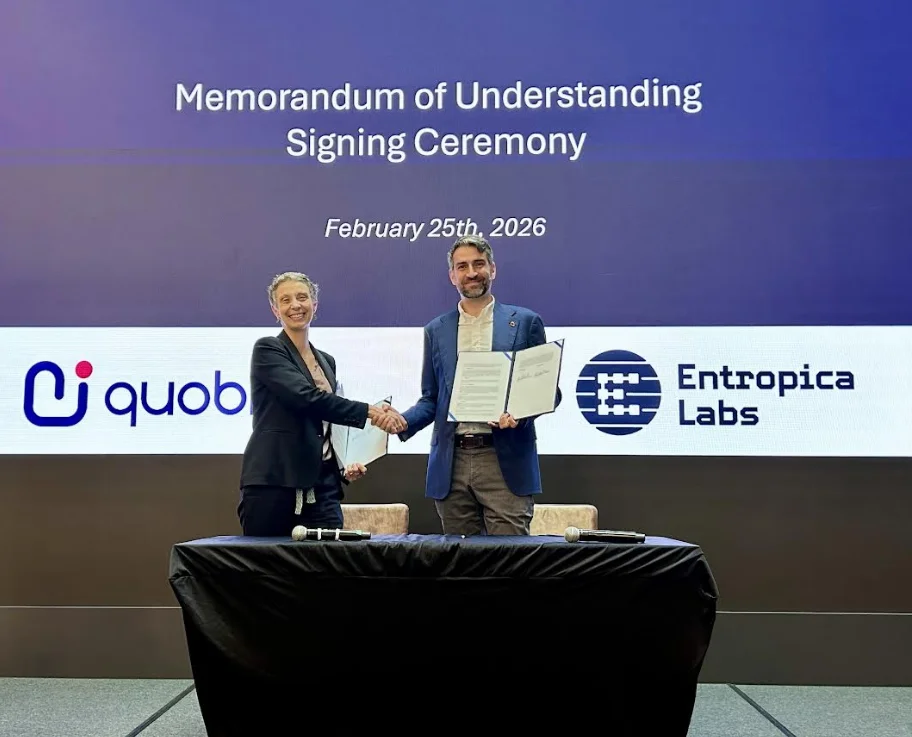Only Compact Quantum Computer made by EU developers
This quantum computer design features low power consumption. It is currently estimated to use 1.5 kilowatts – or the same amount of energy needed to power a kettle. The researchers in the University of Innsbruck are exploring how to power the device using solar panels.
A range of use cases fits the device.
“All in all, this first computer with quantum acceleration could address industrial and public needs such as predicting the stability of complex molecules in chemistry for intelligent materials or vaccine development, or yet optimizing and saving energy distribution in complex grids,” the statement reads. “By offering the next generation of quantum capabilities and services in a secure, energy-efficient and sustainable manner, this quantum computer contributes directly to the objectives of the European Green Deal.”
Quantum computers could be tied to a grid of supercomputers, “forming ‘hybrid’ machines that blend the best of quantum and classical computing technologies.”
Ultimately, it’s more than a research device, according to the organization: “European industry and academia will enormously benefit, as quantum computers hold the promise to solve problems within minutes that are out of reach for today’s supercomputers because they would take millennia to solve.”
If you found this article to be informative, you can explore more current quantum news here, exclusives, interviews, and podcasts.

















